We've all heard the "lather, rinse, repeat" cliche — it's so ubiquitous, in fact, that it's become shorthand for any repetitive action. But when it comes to washing your hair, is the "repeat" part really necessary, or is it just an old marketing tactic concocted by shampoo companies?
Double shampooing — as you might guess from the name — is a hair care technique that involves shampooing your scalp twice in one shower. You apply the shampoo once, rinse it out, apply it again, rinse it out again, and then typically follow with one application of conditioner and a final rinse. Proponents of the practice say the first shampoo helps to break down buildup and oily residue, while the second clears it away and cleanses your scalp. But others argue that once is enough and double shampooing risks stripping your hair of its natural oils.
It turns out that there's some truth to both theories. So when — if ever — should you lather, rinse, repeat?
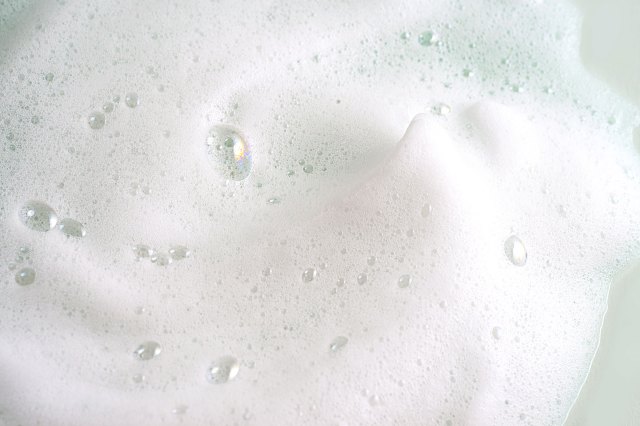
The Pros and Cons of Double Shampooing
According to Dr. Steve Daveluy, a board-certified dermatologist at Wayne State University, "double shampooing has the same pros and cons as shampooing. On the good side, it removes more oil, which is good for an oily scalp and oily hair. On the bad side, it removes more oil, which is bad for dry hair." In other words, whether double shampooing helps or hurts your hair depends on a variety of factors, including your hair type and texture, your environment, your activity level, how long it's been since your last wash, and how much dirt and buildup you've accumulated in that time.
If your hair is abnormally greasy — for example, because it's been a while between shampoos, or because you used a lot of extra products to style your hair for a special event — double shampooing can give you a deeper clean and act like a reset for your tresses. But if you're on a regular wash schedule and your hair has minimal residue, shampooing twice could remove too much oil and dry out your strands.
"Overwashing leads to dry hair," Dr. Daveluy explains. "[Your scalp's natural] oils are meant to act like a moisturizer on the outside of the hair. When you remove too much, your hair can't hold moisture and becomes dry. Your goal is to find the perfect balance with just the right amount of oil."
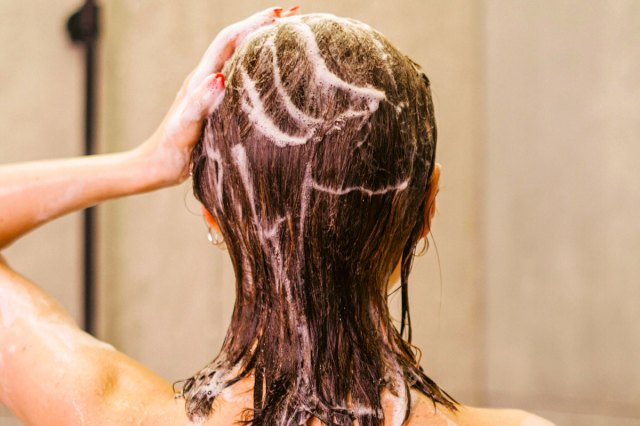
When You Should Double Shampoo
Unless your hair is really dirty, one shampoo is probably enough to clean your scalp on most days. "Generally, you don't need to repeat," Dr. Daveluy says. (Other experts agree.) That likely holds true even if you don't get a good lather with your shampoo. "Shampoos contain ingredients to clean and ingredients to lather, so a lack of lather doesn't necessarily mean a lack of cleaning," he adds. (In fact, some shampoos, such as sulfate-free products, intentionally produce minimal lather.)
That said, oil on the scalp and hair can interfere with lather, so if your normally sudsy shampoo seems less sudsy than usual, and your strands don't feel fully clean after your first rinse, a second shampoo could be beneficial. "Double shampooing is helpful if you have oil buildup or if your hair is dirtier than usual," Dr. Daveluy explains. "You can think of the shampoo as grabbing onto dirt, grease, and oil. If the shampoo's hands were full before removing all the dirt with the first application, you may need a second [application] to finish the job. Your first wash is removing a lot of that oil. Your second wash then works better since it can lather and spread."
Save that second shampoo for when you really need it, though. Double shampooing every time you step in the shower will likely dry out your hair, even if you're prone to greasiness. And if you find that you frequently have excess buildup and a single shampoo doesn't cut it, you may need to adjust your wash schedule.
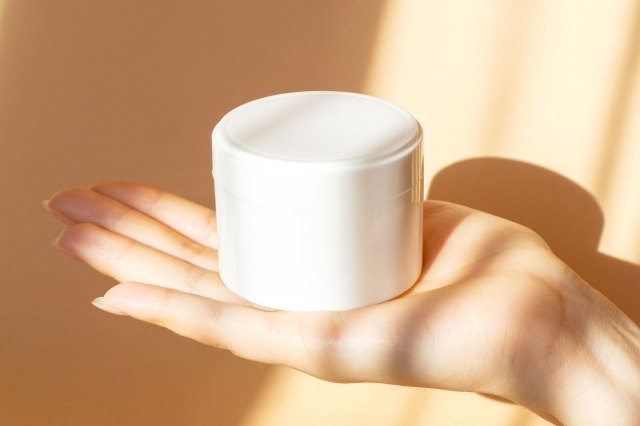
The Right Way to Apply Shampoo
Washing your hair is really more about washing your scalp, which produces most of the oil that makes your hair feel greasy. For that reason, Dr. Daveluy says, you should focus your shampoo application on the scalp and roots. In the shower, wet your hair thoroughly, emulsify the shampoo in your hands, and then apply it evenly all over your scalp. Gently massage it in for at least five minutes, and then rinse it away. Don't worry about lathering up the rest of your tresses — the ends don't need shampoo, especially if you have long hair, which may be prone to drying out. Use conditioner on the ends instead, to make up for the lack of access to the natural oils of the scalp.
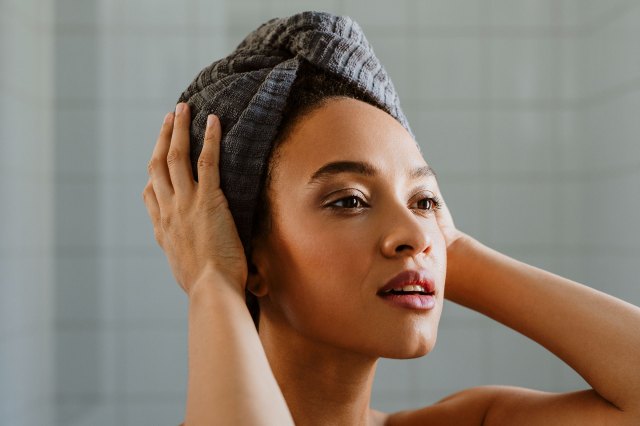
Other Tips for Healthy Hair
There's nothing like stepping into a steamy shower, especially on a cold day, but as good as it feels in the moment, heat actually isn't great for your hair and skin. Hot water can lead to dry, damaged hair, so try turning down the temperature of your shower. To conserve water, Dr. Daveluy recommends wetting your hair with cold to lukewarm water, turning off the water while you lather your shampoo, and then turning it back on to rinse off.
This article is for general informational purposes only.
Affiliate Disclaimer Medical Disclaimer



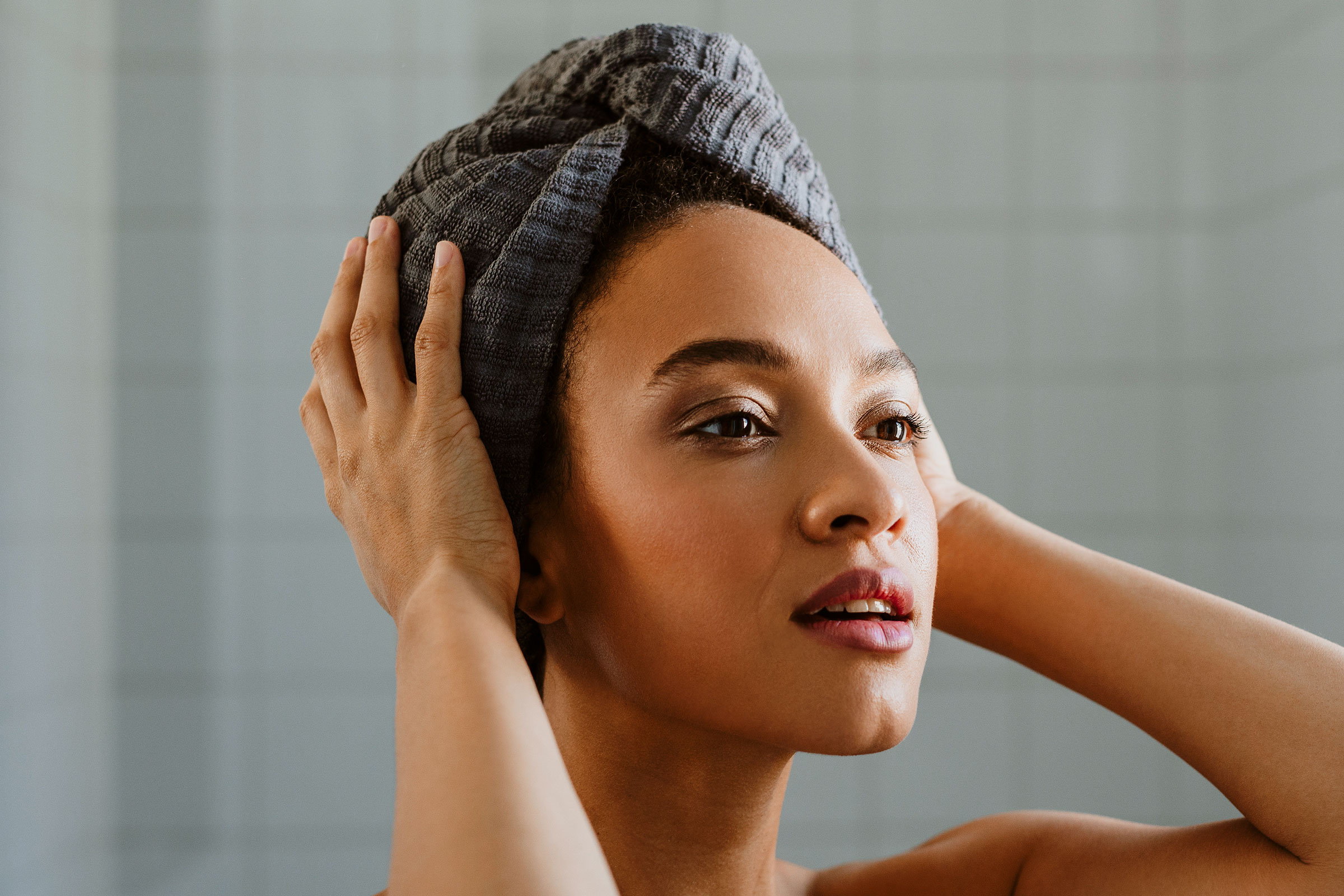
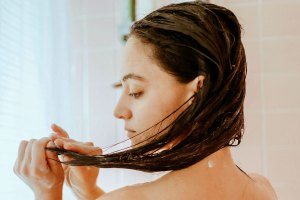





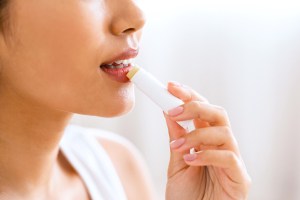
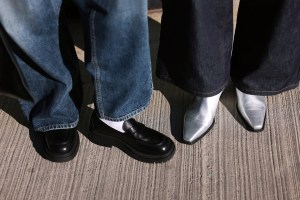
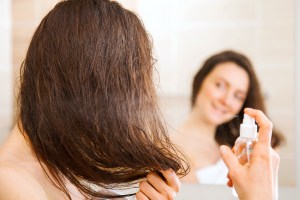

 Unique Beauty is free for all users.
Unique Beauty is free for all users.